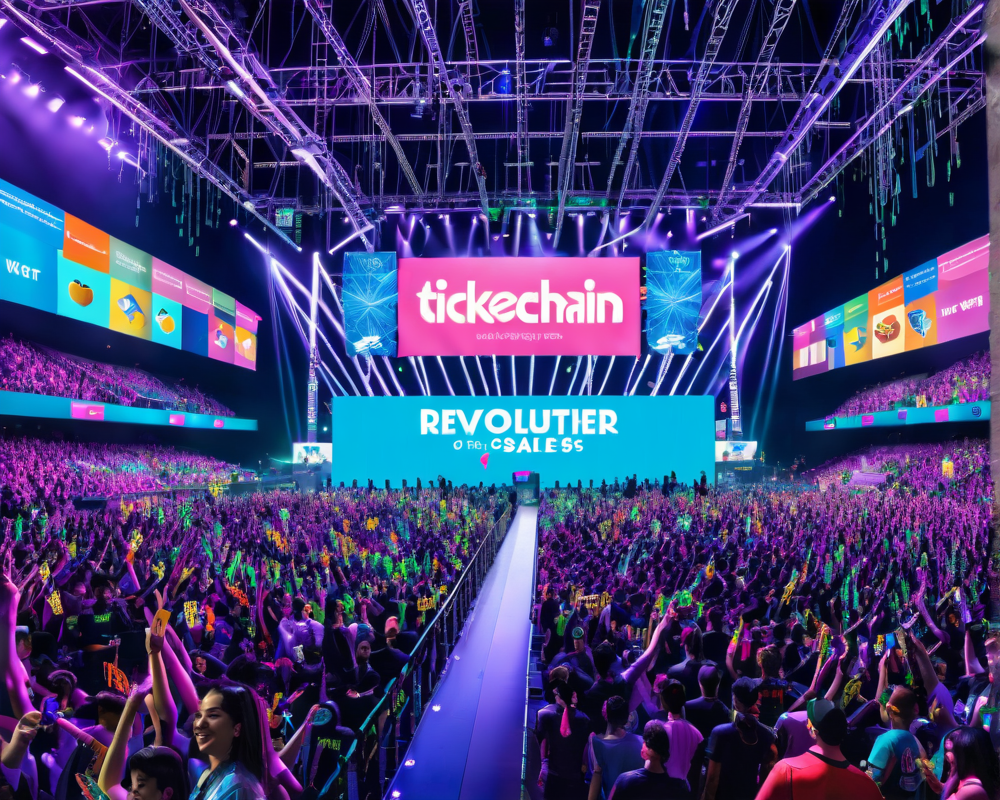The Ticketing Landscape: An Overview
The ticketing industry has often felt like a game of whack-a-mole with counterfeit tickets, scalpers, and inflated prices popping up at every turn. With billions of dollars at stake, event organizers have often felt more like gladiators than the artists they represent. Enter Ticketmaster, a titan in this realm, which has decided to shake things up—blockchain style.
Blockchain to the Rescue
In October 2018, Ticketmaster made waves by acquiring a blockchain expert in Upgraded. Why? They intend to use blockchain to tackle ticket distribution challenges head-on. By implementing this tech, they aim to provide event organizers more control over ticket sales and to save fans from the eyesores that are counterfeit tickets.
Sandy Khaund’s Vision
On December 9, Sandy Khaund, Ticketmaster’s VP of blockchain products, broke down how they’re using this emerging technology. He discussed their pilot program featuring smart contracts to sell “smart tickets.” Each ticket comes with specific code run on a private blockchain, meaning tickets sold for $150, like those for a Pearl Jam concert, couldn’t be upsold or duped. Sounds good, right? But let’s not pop the confetti just yet!
Are Smart Contracts Actually Smart?
Ashton Addison, the CEO of EventChain, weighed in on the smart contract pilot. He highlighted that while potential is evident, implementation is key: “This could be useful, but Ticketmaster has a bit of a way to go.” Essentially, you could compare it to a toddler learning to walk; they’re steady sometimes but wobble dangerously when they try to run.
- Proper implementation could offer:
- Fair price control for event organizers.
- Protection against counterfeiting.
The goal is to create a decentralized ticketing environment—where even the secondary market plays fair. To achieve this, honesty is the best policy. But hey, isn’t that what every blockbuster has taught us about villains?
The Tokenization Quandary
Enter Alex Tapscott, blockchain guru and co-founder of the Blockchain Research Institute. He pointed out a crucial issue: Ticketmaster controlling ticketing could create less decentralization rather than more. Much like how Jack in the Box ruled over fast food for a while, it might be hard to see new players enter the field.
“The recent digitization of tickets has turned scalping from a decentralized market into a central one.” – Alex Tapscott
Tapscott believes ticket tokenization is the golden ticket (pun intended). By tokenizing tickets, peer-to-peer trading becomes a reality, helping to ensure buyers make informed choices and scalpers get fewer customers.
The Great Debate: Private vs. Public Blockchains
The ticketing industry is all in a tizzy over whether private or public blockchains are better. Who knew tickets were so political, huh? While private blockchains can handle more transactions, they come with the downside of reduced transparency. Alan Rakov from FanDragon argued that an open blockchain is like turning on a floodlight, showcasing all transactions. Ultimately, a balance is key, and both systems have secular advantages and pitfalls.
Let’s Not Complicate It!
As the buzz around blockchain continues, everyone agrees on one thing: keep the tech out of the spotlight! People want smooth transactions without needing a degree in blockchain engineering. Khaund said it best: “We want people to like the product. It’s not about the blockchain.” So, while the future of ticketing remains to be seen, enthusiasm fills the air—like popcorn at a Marvel movie. Whether we like it or not, Ticketmaster is on the path towards a brighter future for the ticketing industry.




